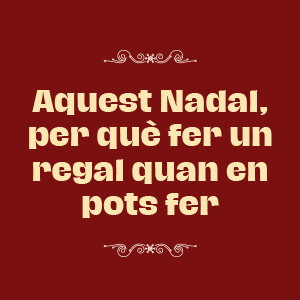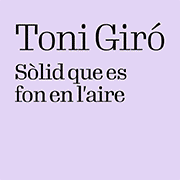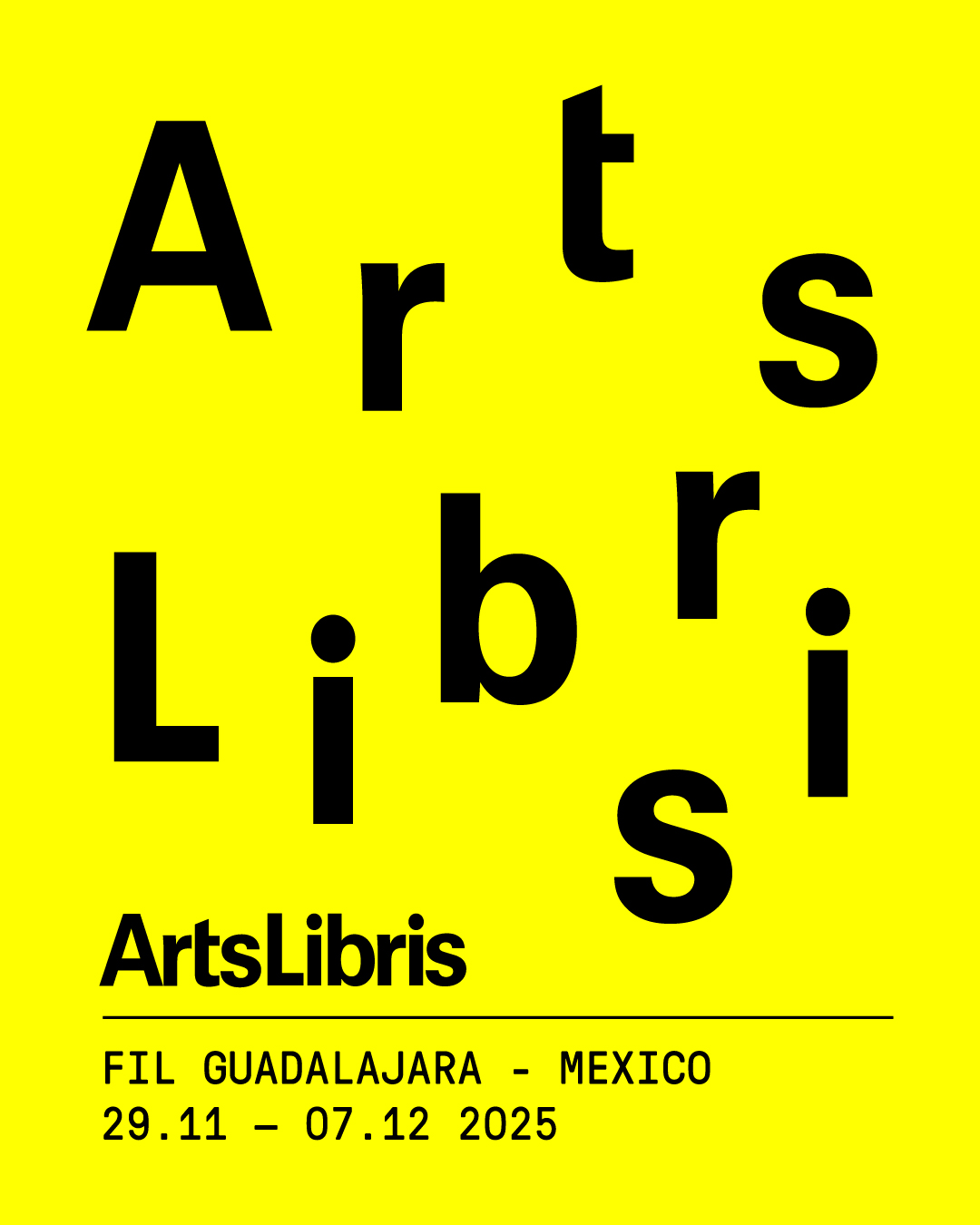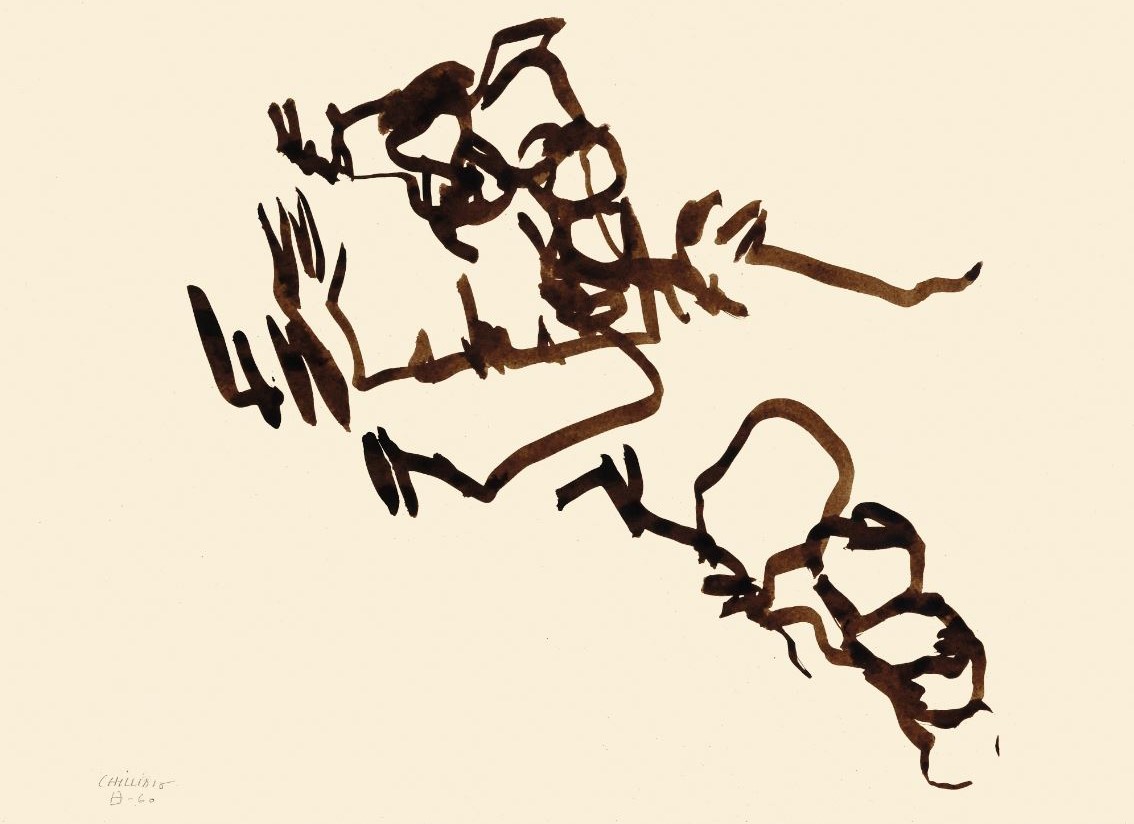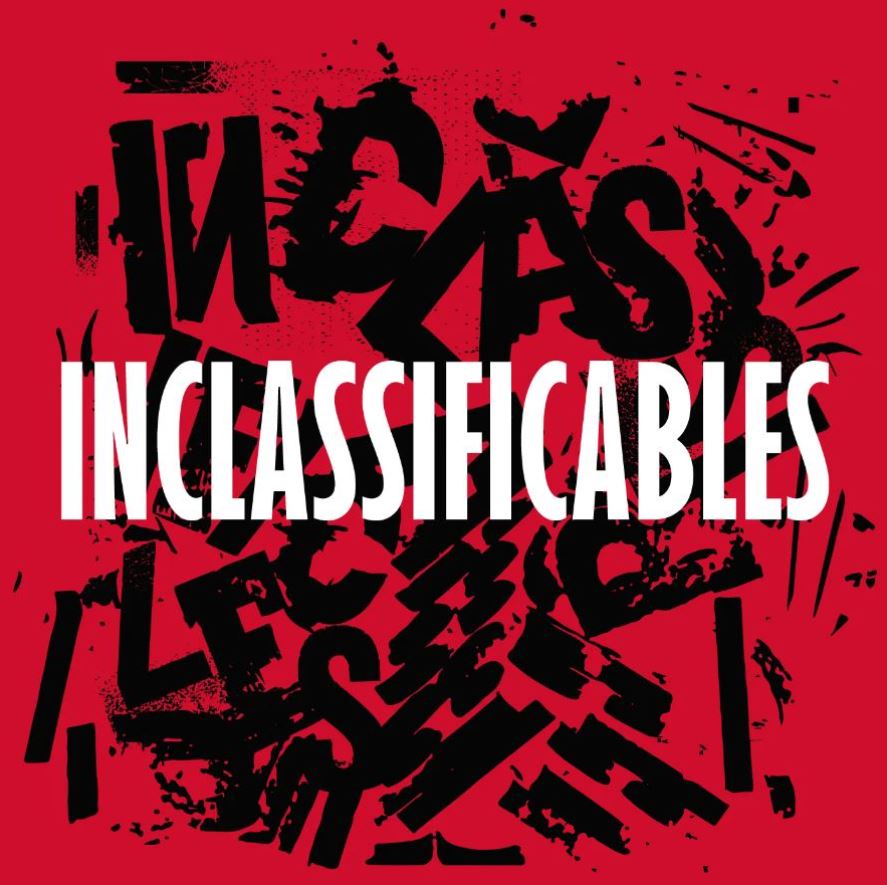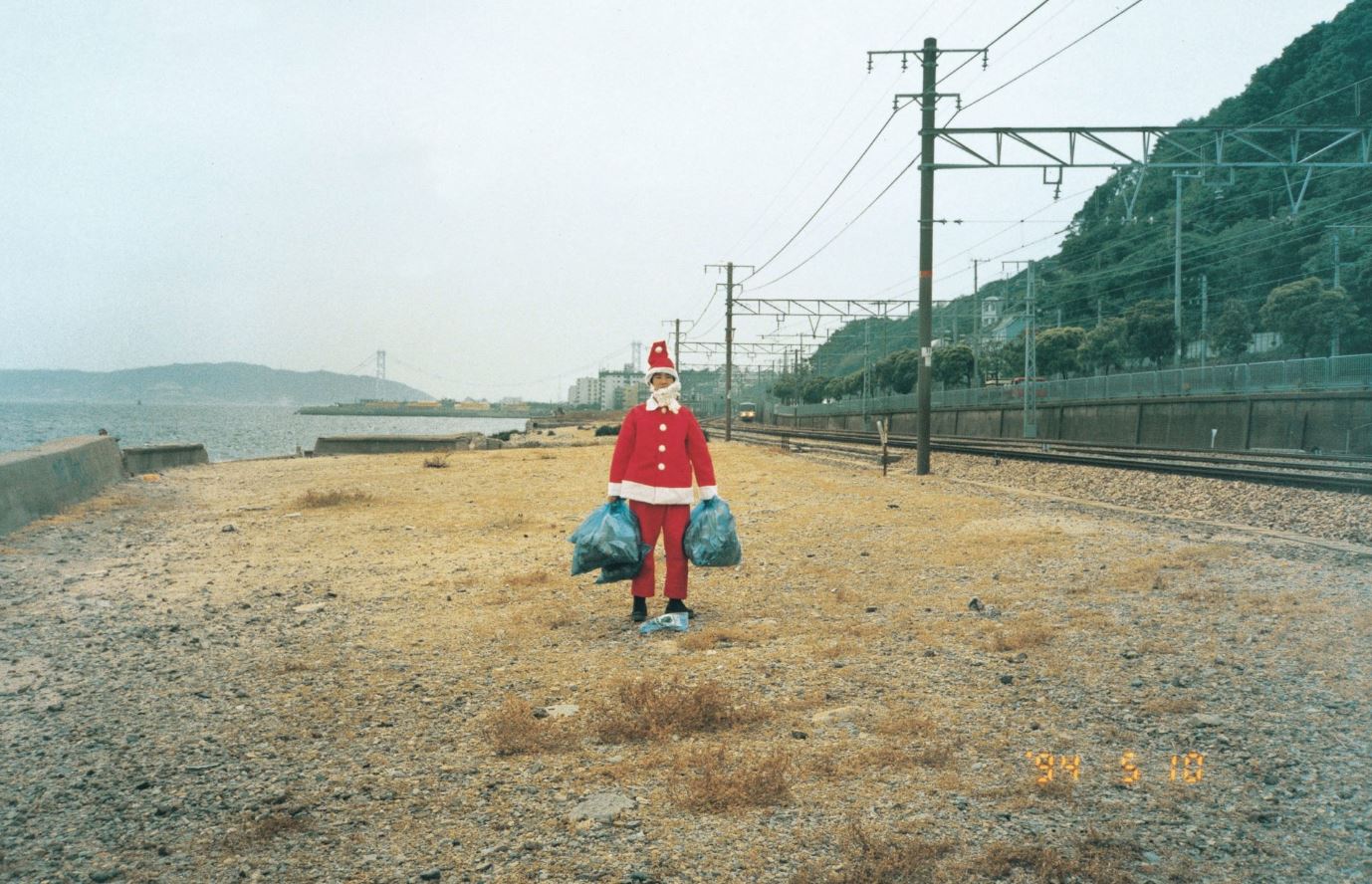Exhibitions
'Accident' as an act of rebellion
Transgressive actions that defy the norm in Space 13 of the Joan Miró Foundation.
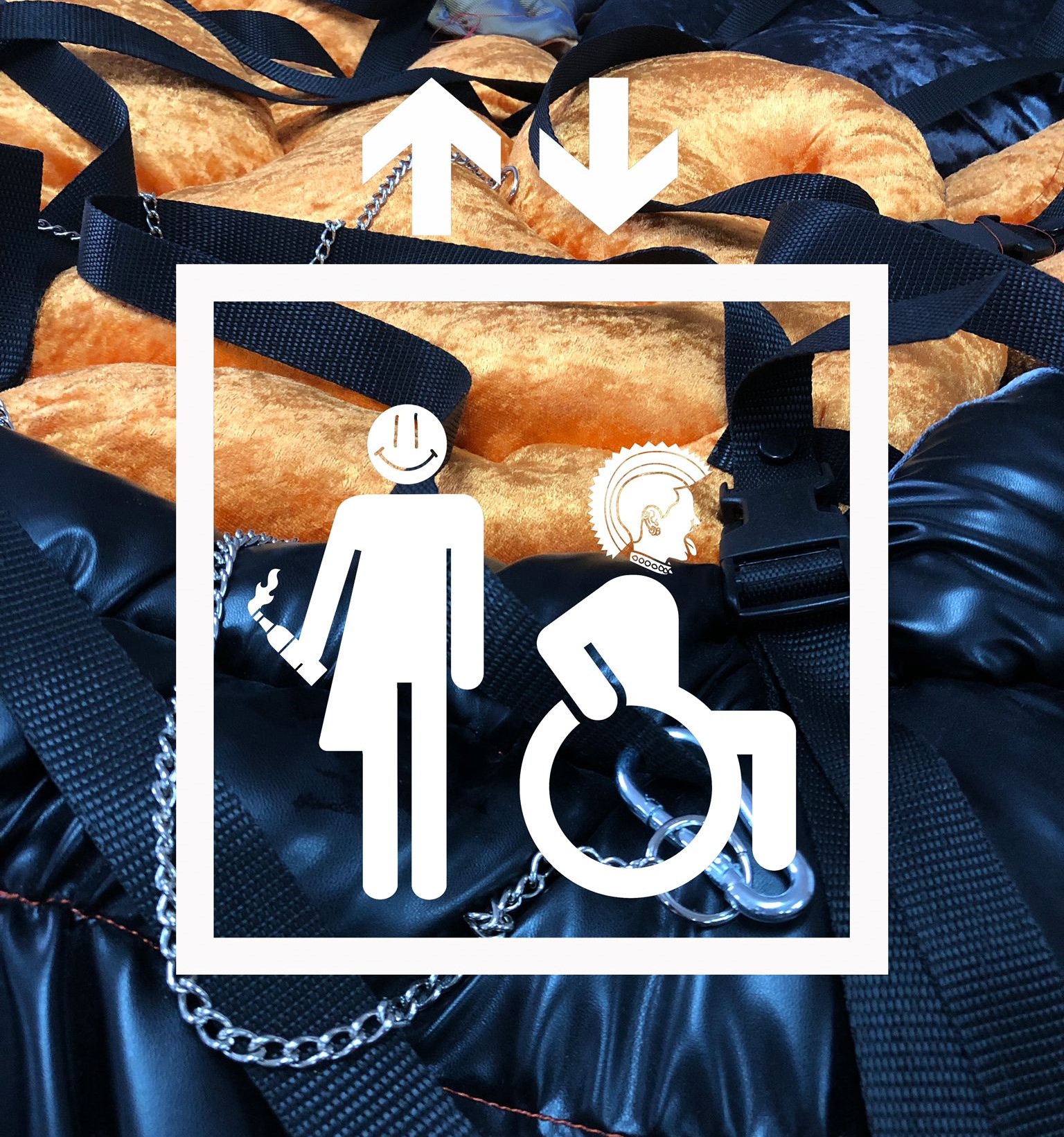
Entering a showroom and realizing that nothing works as you expect: not the access roads, not the signage, not even what is expected of your body. This is precisely what Helena Vinent presents in 'Accident', a proposal to disconnect from normality where the established is broken. In Space 13 of the Joan Miró Foundation, this exhibition challenges the capacitist norms that usually govern the artistic space.
Open to the public until January 19, 'Accident' questions the passive role of the public and turns difference into the center of an immersive experience that redraws access to museum spaces. In dialogue with the crip-queer discourse, Vinent moves towards a punk anti-ability, where disco bodies - as a political re-appropriation of the term disability - cease to be an isolated presence and become "accidents" that shake the rules of conventional space.
Through the transgressive actions of a group of disco people, the exhibition 'Accident' disrupts normalcy and challenges the perception of disco bodies as submissive and harmless figures. With a choreography of obstacles that includes walls and stairs, the experience becomes both physical and sensory. One of the most outstanding elements is a sound piece located in an elevator, which, reinterpreting traditional audio descriptive guides, offers a narrative that does not seek to mediate, but to disorient. Thus, it is possible to immerse the visitor in a confusion that invites them to explore the unexplained, moving away from the normative understanding and opening the door to new perspectives on the artistic space.
 'Accident' a l’Espai 13 de la Fundació Joan Miró.
'Accident' a l’Espai 13 de la Fundació Joan Miró.
Didaclias (or transcriptions of non-verbal sounds) are another proposal by Vinent, which explores the margin of interpretation of a world of listeners in a context without sound, turning his condition as a deaf person into a creative engine that takes off crazy Thus, the incomplete translation gives way to the imagination and at the same time the artist rejects the capacitist pressure to understand everything. The exhibition space becomes tense and vibrant, with soft suspended materials that act as a counterpoint in a dialogue of alternatives and confrontation.
With this exhibition, Helena Vinent transforms disc bodies into active agents who challenge predictable frameworks and establish an uncomfortable, but inevitable presence, a challenge against the dominant narrative that often infantilizes and underestimates people with functional diversity. At the same time, it closes in a vindictive and disruptive way the cycle of four exhibitions 'We will accompany you when it gets dark', curated by Irina Mutt, who has explored interdependence and the new codes of relationship with the world, and has celebrated space as a ground for experimentation, encouraging the plurality of experiences avoiding the regulatory filter.
In short, 'Accident' makes a direct appeal to you: it asks non-disabled bodies to reflect on our position, to question the privileges with which we often move through spaces that are considered accessible only to some and we give them up. At the same time, it offers all the identities often ignored by art and its spaces a true invitation to move freely, to occupy the space and make it their own without concessions. Perhaps giving up some of these privileges that we take for granted is, in the end, a form of solidarity more necessary than ever, a commitment to create bonds that challenge the rigidity of what we understand by normality.
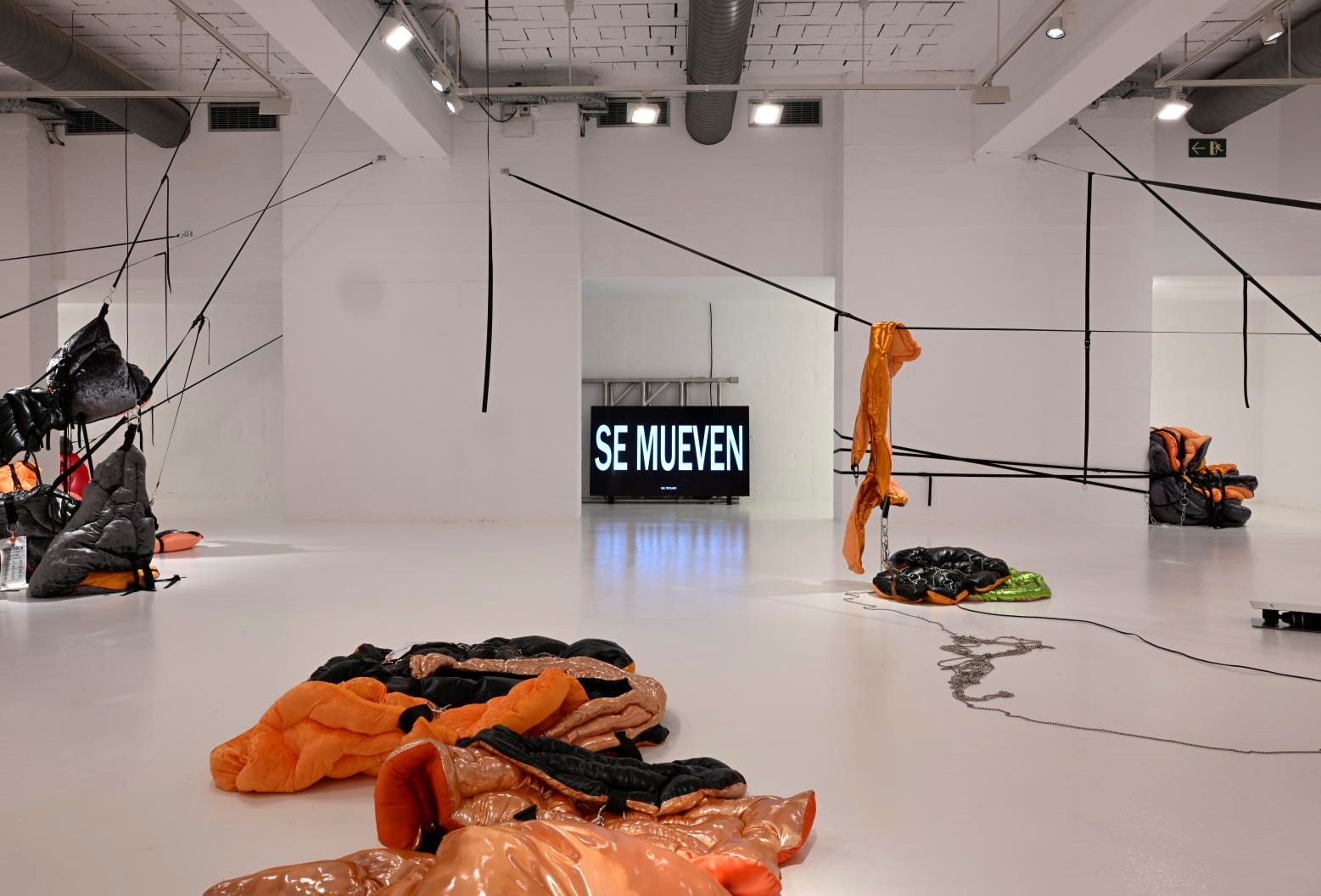 'Accident', Helena Vinent
'Accident', Helena Vinent


